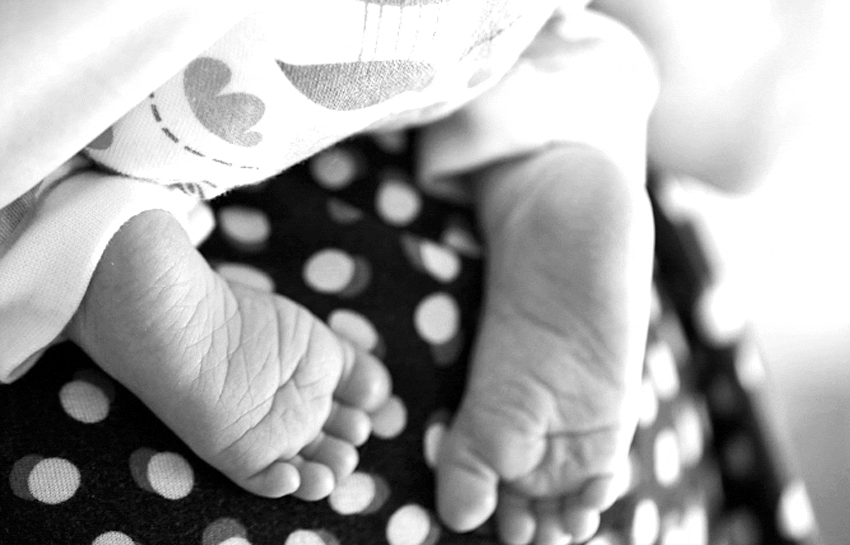Consumption, inequalities and futures
Kate Burningham to present paper on sustainable consumption in early motherhood at the upcoming ESA Consumption Research Network conference
University of Bologna, 9 September 2016

“Understanding and Practicing Sustainable Consumption in early Motherhoods” explores where modes of consumption activity, which might be deemed sustainable, emerge in the everyday doing of family for first time mothers. It argues that sustainable modes of consumption are adopted only when they are in synergy with the over-riding project of doing family and are largely explained in terms of priorities of care, thrift or health rather than sustainability.
In this paper, Kate Burningham draws on longitudinal qualitative research with 12 new mothers in South London who were interviewed on several occasions before and after giving birth. Interviews focused on how everyday life and ordinary consumption shifted or remained stable over this period with sustainability only being explicitly discussed in the final interview.
Participants largely constructed sustainability as an ideal at odds with the reality of everyday family life. Sustainable consumption was conceptualised as individualised moral injunctions for specific behaviours, failure to enact these was explained in terms of more pressing demands associated with the role of mother. The paper argues for the development of more relational and positive discourses of sustainable consumption which align sustainable living with the creation and maintenance of family life.
About
The conference Kate is presenting the paper at is hosted by the ESA Consumption Research Network, and addresses conceptual and practical sociological challenges in the context of “Consumption, inequalities, futures”.
The conference programme can be accessed on the University of Bologna website.
